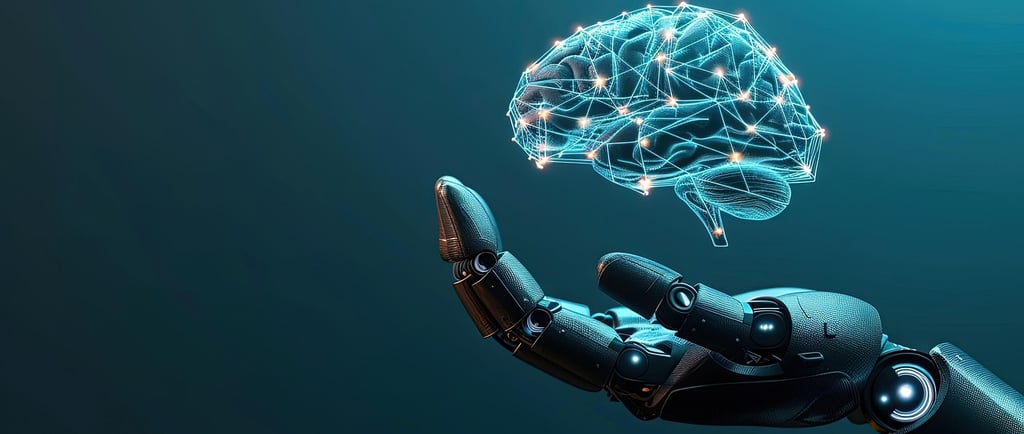Meet the Future: How GPT-5 and Sora Are Turning AI Assistants into Human-Like Companions
Discover how GPT-5 and Sora are revolutionizing personal assistants in 2025—making them smarter, more human-like, and emotionally aware than ever.
TECHNOLOGY


Gone are the days when virtual assistants were limited to setting alarms, telling the weather, or playing music on command. In 2025, the evolution of AI — led by OpenAI’s GPT-5 and its powerful video model Sora — has transformed virtual assistants into intelligent, emotionally aware, and highly personalized digital companions. GPT-5, now capable of holding human-like conversations and understanding emotional tone, has taken interaction to a whole new level. It doesn’t just follow commands; it understands intent, mood, and even remembers personal preferences. Whether you're having a rough day or feeling overwhelmed, your assistant picks up on subtle cues in your tone and suggests helpful actions — from calming music and breathing exercises to rescheduling meetings on your behalf. It's like having a friend who’s always one step ahead, helping you navigate life with more ease and care.
Meanwhile, Sora adds an entirely new dimension by giving your assistant the ability to “see.” With video interpretation capabilities, Sora enables your AI to process visual input and respond intelligently. Say your washing machine isn’t working — you can simply show it to your assistant via camera, and it can instantly identify the model, detect the issue, and walk you through the fix. For students and professionals alike, Sora can generate visual content, animations, and even rough video drafts from simple prompts, turning ideas into reality within seconds. This visual intelligence, combined with GPT-5’s language understanding, makes these assistants incredibly dynamic — they don’t just talk back, they actively assist, guide, and co-create. From generating project reports and crafting emails to offering emotional support and health tips, today’s AI assistants are becoming deeply embedded in everyday routines.
But this growing dependence raises deeper questions. As these assistants become more emotionally intelligent and involved in our lives, where do we draw the line between convenience and over-reliance? With assistants handling everything from personal scheduling to emotional check-ins, users must remain mindful of privacy, data security, and maintaining genuine human connections. Developers are focusing on transparency and user control, ensuring these tools serve as support, not replacement. Still, there’s no denying that AI-powered assistants in 2025 are no longer just background tools — they are proactive partners, seamlessly woven into how we live, work, and connect. With GPT-5 and Sora leading the charge, the once-simple voice assistant has evolved into a multi-sensory, emotionally intelligent ally — one that doesn't just follow instructions, but truly understands you.
